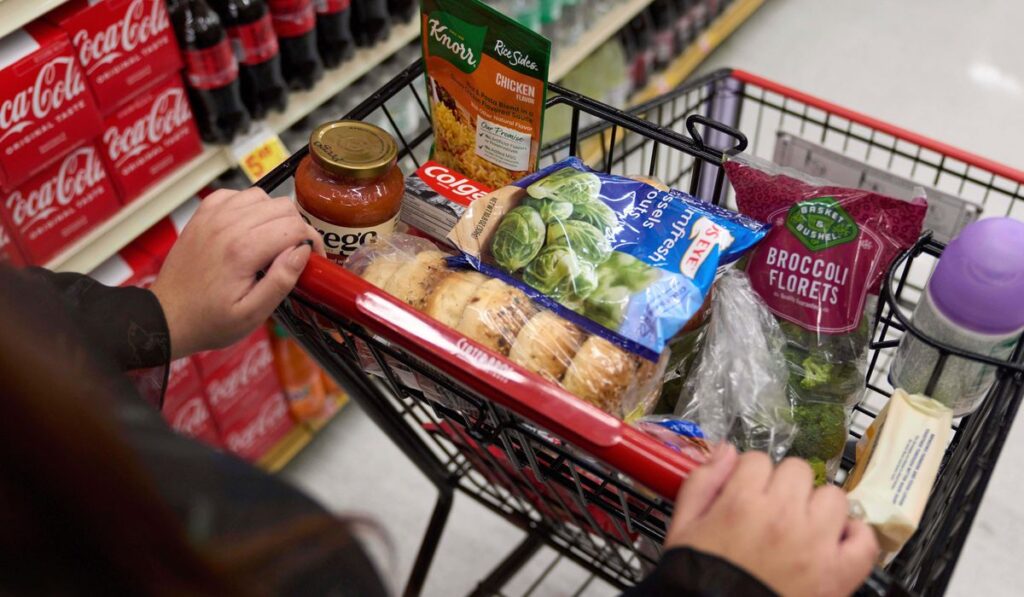Senate Democrats are preparing legislation to extend food aid benefits as a government shutdown threatens a cutoff of assistance this Saturday. The move aims to keep aid flowing to families, but it arrives amid partisan fights over spending and process. Republicans are framing this as a short-term patch rather than a lasting solution that respects budgets and accountability.
The core fact is simple: a Saturday cutoff could interrupt food aid deliveries for people who rely on them, and Democrats are gearing up to introduce legislation to extend food aid benefits during the government shutdown ahead of that deadline. That proposal is meant to prevent immediate harm to households, especially those who depend on programs for groceries and basic nutrition. The clock is short and the pressure is real for lawmakers who want to avoid visible suffering while the shutdown continues.
From a Republican point of view, emergencies like this expose how Congress manages priorities under pressure. Extending benefits temporarily can ease pain at the moment, but it should not become a routine escape hatch for lawmakers who refuse to agree on budgets. Republicans argue that repeating stopgap measures without addressing underlying rules and spending choices just kicks the can down the road.
There is a practical side to the debate that gets less attention: administration and delivery. Agencies that distribute benefits need clear, predictable funding to operate smoothly, and last-minute fixes create confusion about eligibility, timing, and payment schedules. A hastily drafted extension may buy time but won’t erase the logistical headaches that come with an unstable funding calendar.
Lawmakers also disagree on what a responsible solution looks like. Republicans tend to emphasize policies that target help to the most vulnerable while promoting work and self-sufficiency where appropriate. They push for measures that control long-term spending and make aid programs more sustainable, arguing that fiscal discipline ultimately protects benefits from deeper, systemic cuts.
At the same time, GOP officials recognize the political and human costs of letting aid lapse. Constituents who see checks delayed or food access disrupted expect action, and that puts pressure on Republican senators and representatives to respond quickly and responsibly. The key complaint is not against aid itself but against repeating short-term funding fights as if they were acceptable governance.
Some Republicans will support narrowly focused, temporary relief to prevent immediate harm while insisting on negotiating structural fixes in parallel. Others will resist any bill perceived as a partisan ploy to score points without addressing the budget rules that led to this shutdown. Either way, the debate highlights a larger clash: whether to prioritize immediate relief through ad hoc bills or to demand sustainable policy reforms first.
With the Saturday cutoff looming, votes and speeches will matter in the coming days. Lawmakers will weigh the optics of letting families go without food against the long-term consequences of continued fiscal indiscipline. Whatever happens, the outcome will shape how future shutdowns affect basic assistance programs and who is blamed for the chaos that follows.



